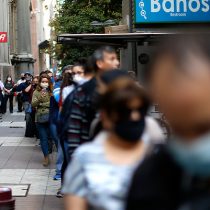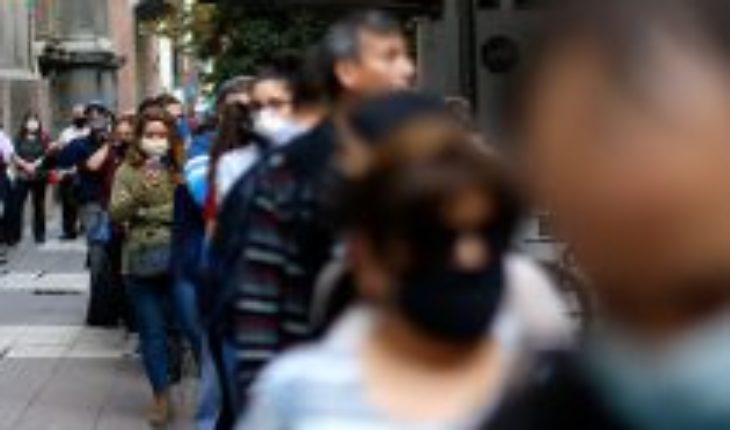
Prior to the arrival of the coronavirus in Chile, multiple plans and projects of infrastructure, roads, buildings and public spaces were being implemented in all regions of the country. Most of these projects were developed with consultation and citizen participation processes. Meetings, workshops, field meetings and other instances of information, dialogue and deliberation with their communities were implemented. In each of these experiences, those who participated could influence the decisions of these public investments.
Faced with the current scenario that ails us, the processes of citizen participation have been largely interrupted, evidently by the necessary social estrangement and the impossibility of holding face-to-face meetings between groups of people. From a technical point of view, however, most of these projects have had to make progress. The latter, since these investments, in addition to being socially necessary, will be fundamental in the processes of economic revival that will come.
Although it may seem that it is not urgent, it is important to note that the weakening of spaces of citizen participation, is a very significant loss in the development of our cities. These activities qualitatively influence the improvement of our environments for several reasons. First, they allow to enrich substantially public projects, since their communities know from the concrete and daily experience the places where they are located, and with it their specific problems. Another reason is that when public projects are developed with good participation processes, communities then become more committed to the use, care and sustainability of these investments. The processes of citizen participation, in addition, and especially in territories of greater vulnerability, strengthen community networks and thus the resilience capabilities of these places. Finally, citizen participation is also a mechanism of democratization and balance of power, which brings public decision-making spaces to people.
In the face of this, an innovative attitude on the part of the state, institutions, social and professional organizations linked to these issues is urgently required today. It is necessary to act creatively, design strategies and implement experiences that allow to sustain the ongoing processes. Cities and their inhabitants require it.
Among the challenges to be addressed, the most obvious will be to implement better spaces of virtual participation, which can replace for the moment, the face-to-face spaces of citizen collaboration. While this is not entirely new, experiences of digital participation so far have generally been developed with limited interactivity, rather as deliberative bodies for specific decisions. In this sense, participation through digital means must now move forward in terms of the capabilities of generating spaces for dialogue and joint reflections, such as those that occur in face-to-face instances.
A second, very relevant challenge, will be to be able to reach with these tools, places and territories of greater vulnerability, which as many studies describe, present a lower level of access and connectivity to technological devices. It will be critical to design instances that first recognize and adapt to local factors. Probably the use of everyday technological means such as cell phones, whatsapp and social networks, should facilitate greater participation by digital means.
In addition, an inclusive approach should be worked on, promoting the participation of groups that may have a greater difficulty with the use of technology, such as older adults or people with disabilities. It is probably not everything to do with technological innovation in this process, but also social innovation. For example, processes of citizen participation that they recognize today, the home as a first space of discussion of the neighborhood and the city, generating family dynamics where children, adults and older adults interact together, thus integrating the vision of all.
In this way, faced with the reduction of spaces of citizen participation as a result of the effects of the virus crown, we must imagine and propose new forms of technological and social collaboration. Proposals that first reverse the weakening generated today by the pandemic, but which are likely to lead us later, to the development of new tools that will help enrich citizen participation in the future.
The content poured into this opinion column is the sole responsibility of its author, and does not necessarily reflect the editorial line or position of El Mostrador.





